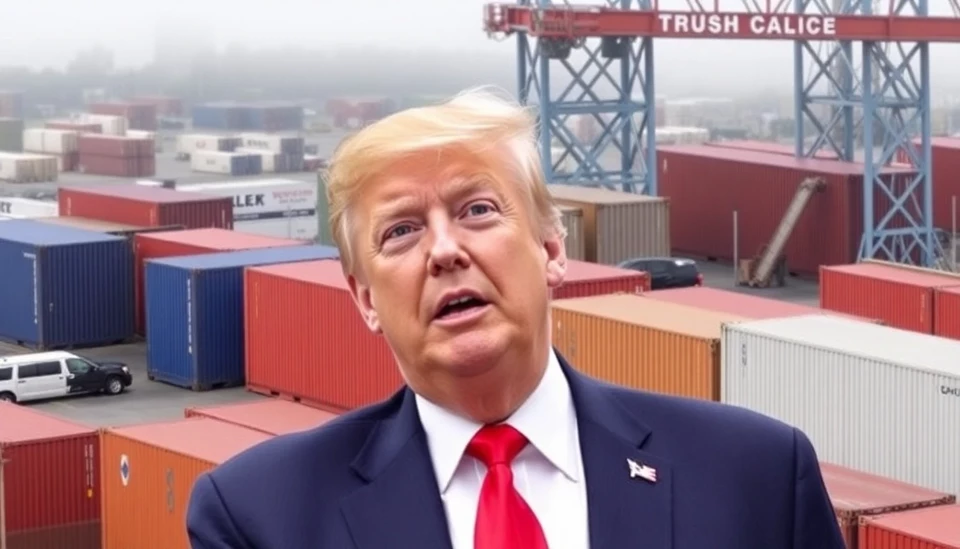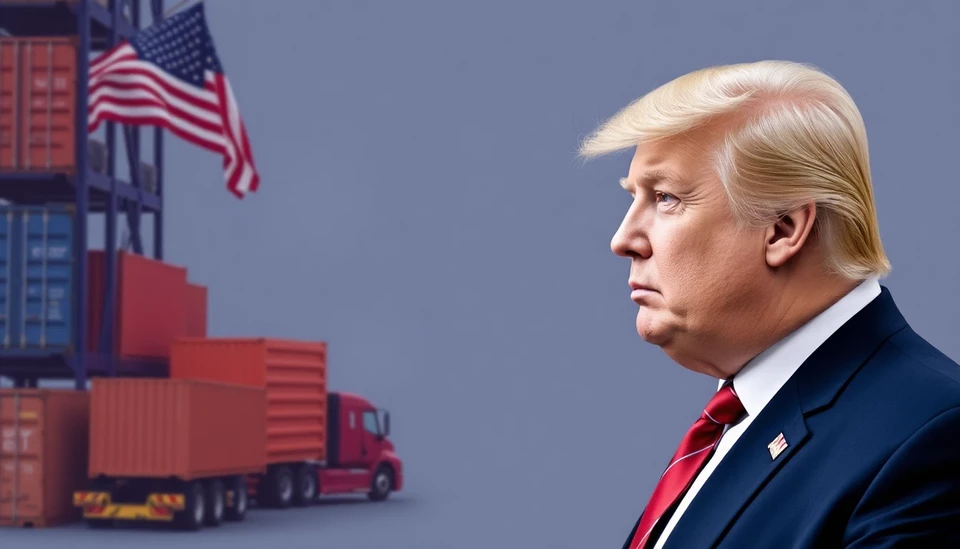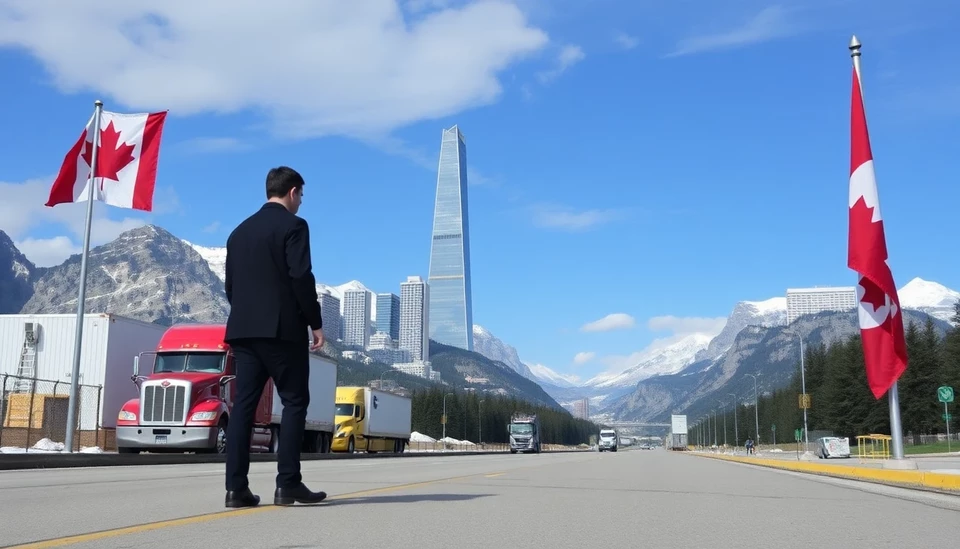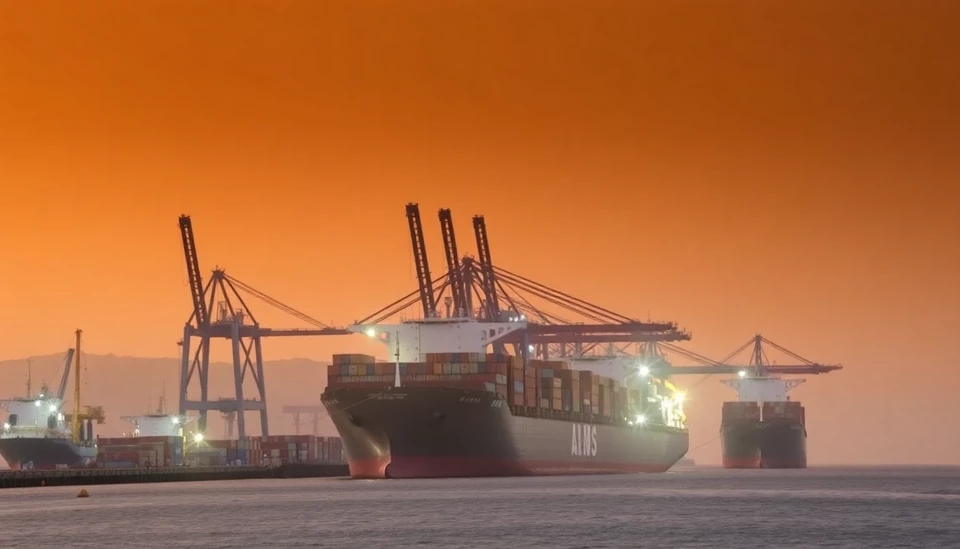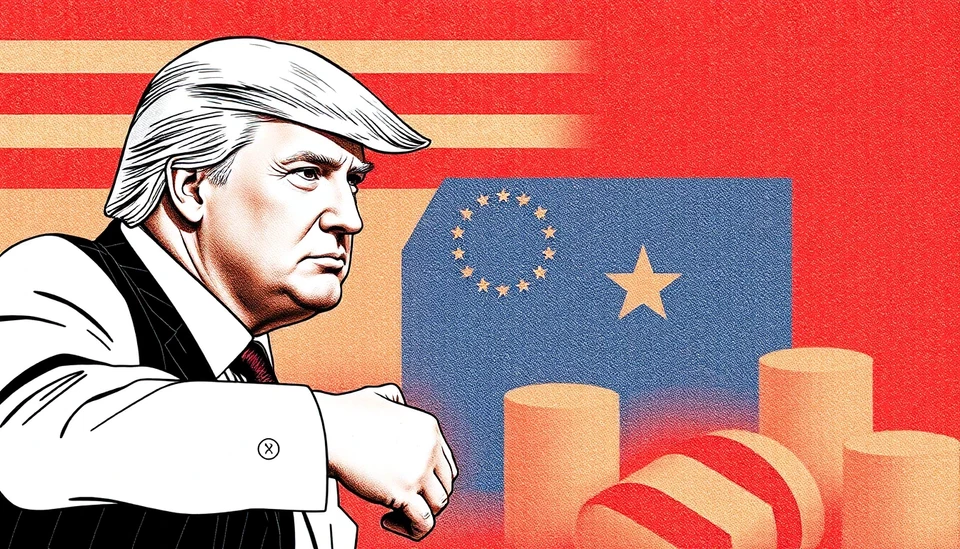
In the current economic landscape, the ongoing ramifications of former President Donald Trump's tariffs continue to set the stage for a significant shift in global trade dynamics. Originally imposed in an effort to protect domestic industries and reduce trade deficits, these tariffs have sparked a broad spectrum of reactions and strategies among both U.S. businesses and international partners.
The implications of such economic measures are ample, affecting supply chains, consumer prices, and diplomatic relations on an unprecedented scale. Trump's tariffs, particularly those on steel and aluminum, were framed as necessary steps toward rejuvenating American manufacturing. However, the unintended consequences have left many industries reeling, with increased operational costs and supply chain disruptions becoming more commonplace.
One of the most pressing concerns regarding these tariffs is the inflationary pressure they have created. As costs for imported materials climb, businesses often pass these expenses onto consumers, leading to higher prices across the board. Economists note that while these tariffs may have been established to empower U.S. manufacturers, the ripple effects have led to a complex web of economic challenges for various sectors.
In response to the tariffs, local businesses have found themselves adapting in innovative ways. Some have turned to alternative suppliers within the United States or allied nations to mitigate the increase in import costs. Others are investing heavily in automation and technology to improve efficiency and offset soaring expenses. This shift towards self-reliance in production has sparked a heated debate about the sustainability of such strategies in the long term.
Internationally, the reaction has varied. Countries affected by these tariffs have sought to retaliate with their own measures, leading to a cycle of economic warfare that has raised tensions between the U.S. and several of its trading partners. The European Union, Canada, and Mexico have been vocal in condemning the tariffs and seeking resolutions through negotiations. However, the landscape remains volatile with ongoing discussions about the future of these trade policies.
As the Biden administration reviews the legacy of Trump's tariffs, the path forward seems uncertain. Potential changes could bring relief to some sectors potentially but would also risk escalating tensions with countries that have retaliated against U.S. measures. Furthermore, the economic repercussions of these tariffs are intertwined with broader global issues such as climate change, labor rights, and sustainable practices, making the dialogue around such policies more critical than ever.
Ultimately, the narrative surrounding Trump’s tariffs is complex, punctuated by the intertwined nature of domestic needs and global responsibility. As businesses and policymakers navigate this evolving landscape, the outcome will shape not only America's manufacturing sector but also its economic relationships across the globe.
As events unfold, many analysts urge stakeholders to remain vigilant and proactive in their strategies, recognizing that while tariffs serve as a tool for economic policy, they also have the potential to lead to unintended and far-reaching consequences.
#TrumpTariffs #EconomicWarfare #GlobalTrade #SupplyChainDisruption #Manufacturing #Inflation #USeconomy #TradePolicy #InternationalRelations
Author: Laura Mitchell
